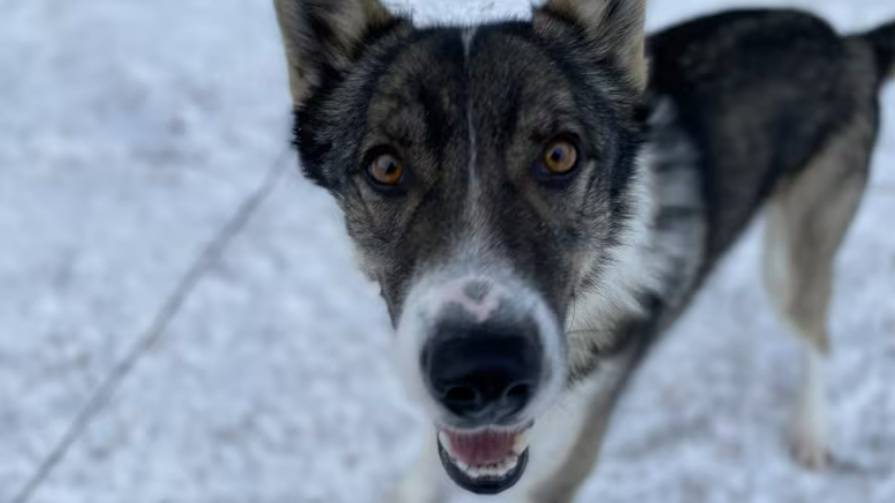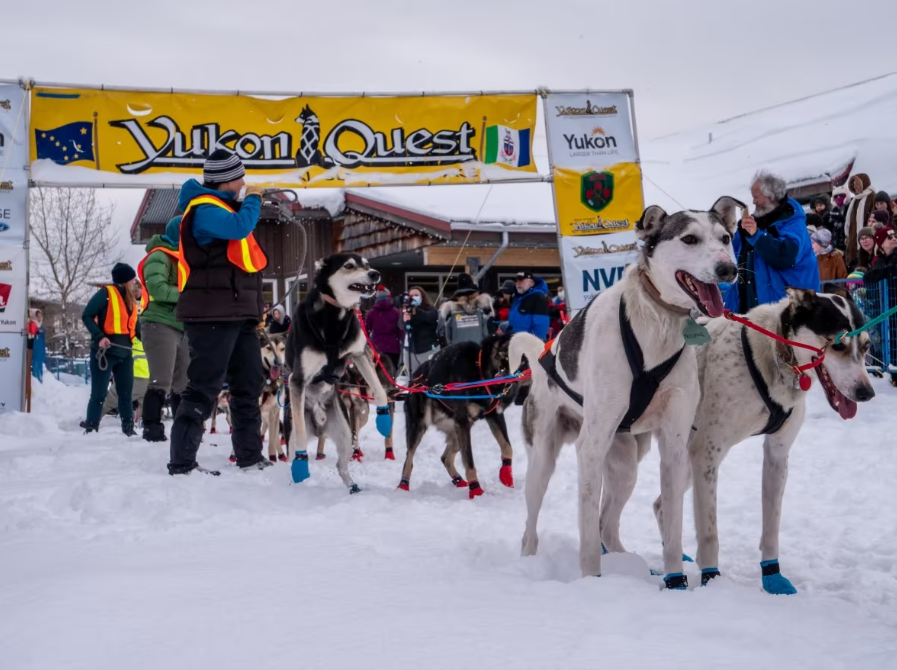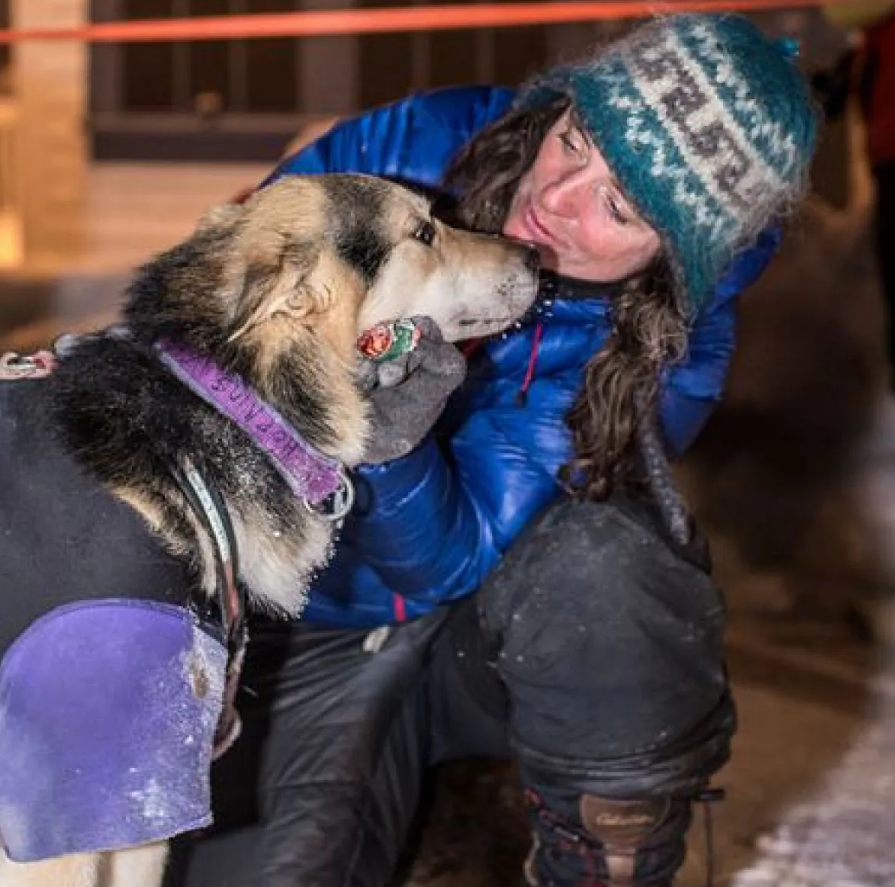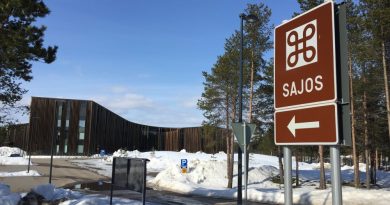Yukon Quest kicks off this weekend in Whitehorse, and continues to evolve

Saturday morning, 16 mushers with teams of up to 14 dogs will gather at Shipyards Park in Whitehorse for the start of the 2023 Yukon Quest sled dog race.
This is the second year in the Quest’s 38-year history that the once-international race has ended in Dawson City, Yukon, and the second year that the event has offered a shorter race length. This year, on top of the 402-kilometre Quest 250 to Pelly Crossing, five mushers will race in the 160-kilometre Quest 100 to Braeburn.
“The beauty of the 100-mile race is that teams that enter have the opportunity to experience the full Yukon Quest race start, the Yukon Quest checkpoint and the Yukon Quest finish line,” said the event’s operations manager, John Hopkins-Hill.
“So for a lot of these kennels which are smaller, this is probably the first real serious racing experience that they’re going to get to have.”
Hopkins-Hill says that opportunities like these are critical for keeping competitive dog sledding relevant.
“The vast majority of folks that are getting into the sport these days are doing it more slowly than perhaps in years past. There are a lot more smaller recreational kennels of less than, say, 15 dogs in the Whitehorse area,” he said.

The cost of keeping dogs could have something to do with that.
Musher Connor McMahon of Carcross, Yukon, estimates it costs close to $1,000 per year to feed a dog. When he started out five years ago, he says the cost was closer to $300 per year.
To cope, McMahon says he is trying to keep his pack small. Right now, that pack includes 26 working dogs.
Musher Michelle Phillips of Tagish, a nine-time veteran of the Yukon Quest, has 65 dogs.
“You know, it just means we have less money for groceries and other expenses,” says Phillips. “Our dogs come first, we’re doing alright.”

Hopkins Hill says the race needs to adapt to changes in both the climate and the economy, and he hopes that the prize money — $35,000, for the race to Dawson — provides a strong financial incentive for competitors.
McMahon says it’s not the prize money, or even the competition that keeps him going.
“It’s all very, very secondary to just being able to get out there with the dogs and experience it,” he said of the Yukon Quest.
“And that’s kind of what makes the cost and the concern of it all worth it. Money switched a long time ago just to something that I purchase dog food with.”
Related stories from around the North:
Canada: ‘It gives people a purpose’: This Inuit wellness project just won a $1M prize, CBC News
Norway: Certification marks help both Sami artisans and consumers, says council, Eye on the Arctic
Russia: German project to house everything published in Siberian and Arctic languages to seek new funding, Eye on the Arctic
United States: How Inuit culture helped unlock power of classical score for Inupiaq violinist, Eye on the Arctic



